Do you know what makes those grilled meats we all love so delicious? It is certainly not the meat on its own, nor the fire and flames from the grill.
It is a specific seasoning that enhances the flavor of the meat, as well as various other types of food, like soups, sauces, salads, etc.
There are many different seasonings in the culinary world, including Italian seasoning, Adobo seasoning, Allspice, and many more. However, the one that is so mysterious to many is the so-called Accent seasoning.
It doesn’t have much flavor on its own, but it can make certain dishes really flavorful. Ingredients in Accent seasoning are also very controversial because some of them are thought of being a threat to people’s health.
Ingredients will be the main topic of this article, but some other questions will be discussed as well.
1. Monosodium Glutamate (MSG)
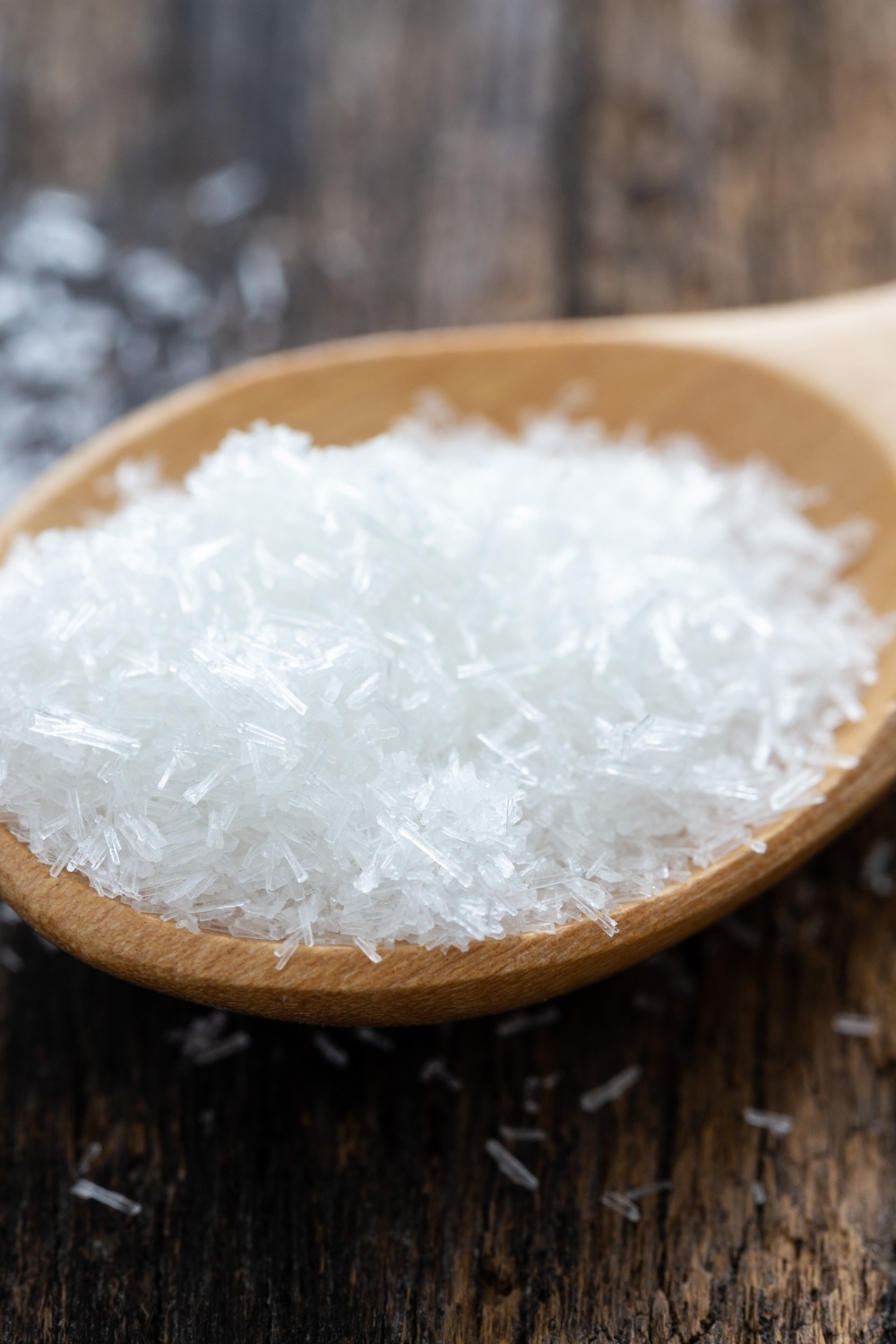
This is actually the core ingredient in Accent seasoning, and Accent seasoning itself is scientifically called Monosodium glutamate or MSG.
MSG is a sodium salt of glutamic acid, which is a naturally occurring amino acid found in various foods. It is produced through the fermentation of carbohydrates from sources such as sugar beets, sugar cane, or tapioca.
In Accent seasoning, it comes in the form of a white powdered crystalline substance, similar to sugar or salt. In fact, MSG is some kind of substitution in Accent seasoning for those who want to lower sodium intake through salt.
It doesn’t have a flavor on its own, but through the Accent seasoning, it is able to enhance the flavor of those foods that contain a specific umami taste.
Scientists don’t precisely know how it works, but they believe that it stimulates glutamate receptors in the tongue to augment meat-like flavors.
2. Onion Extractives
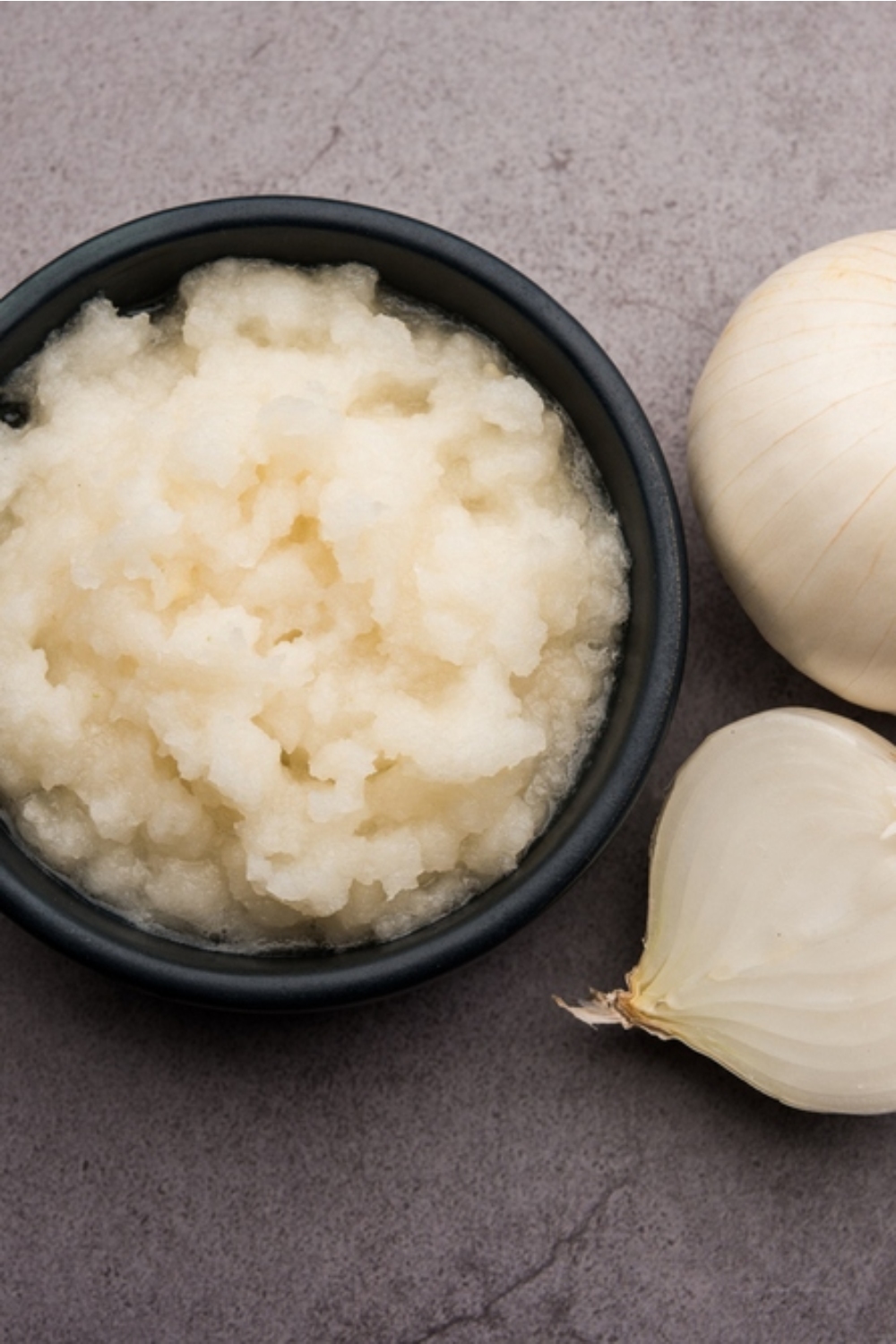
Onion extractives, just like other ingredients on this list, are actually minor components of Accent seasoning, compared to its main ingredient MSG, but they need to be mentioned and discussed.
Onion extractives are typically derived from onions through a process of extraction, where the onion’s essential components, including its natural oils and flavor compounds, are concentrated into a more potent form.
Therefore, they are there to give Accent seasoning a more powerful onion-like flavor, which is used to enrich so many culinary applications, including soups, sauces, dressings, marinades, and many others.
Various types of onions can be used, including white onion, red onion, green onion, sweet onion, or yellow onion.
Aside from making Accent seasoning more flavorful and complex, it also makes it more versatile as it enables it to be added to various different dishes.
Finally, besides the flavor, it also enriches it with that recognizable onion aroma that many true food lovers love.
3. Garlic Extract
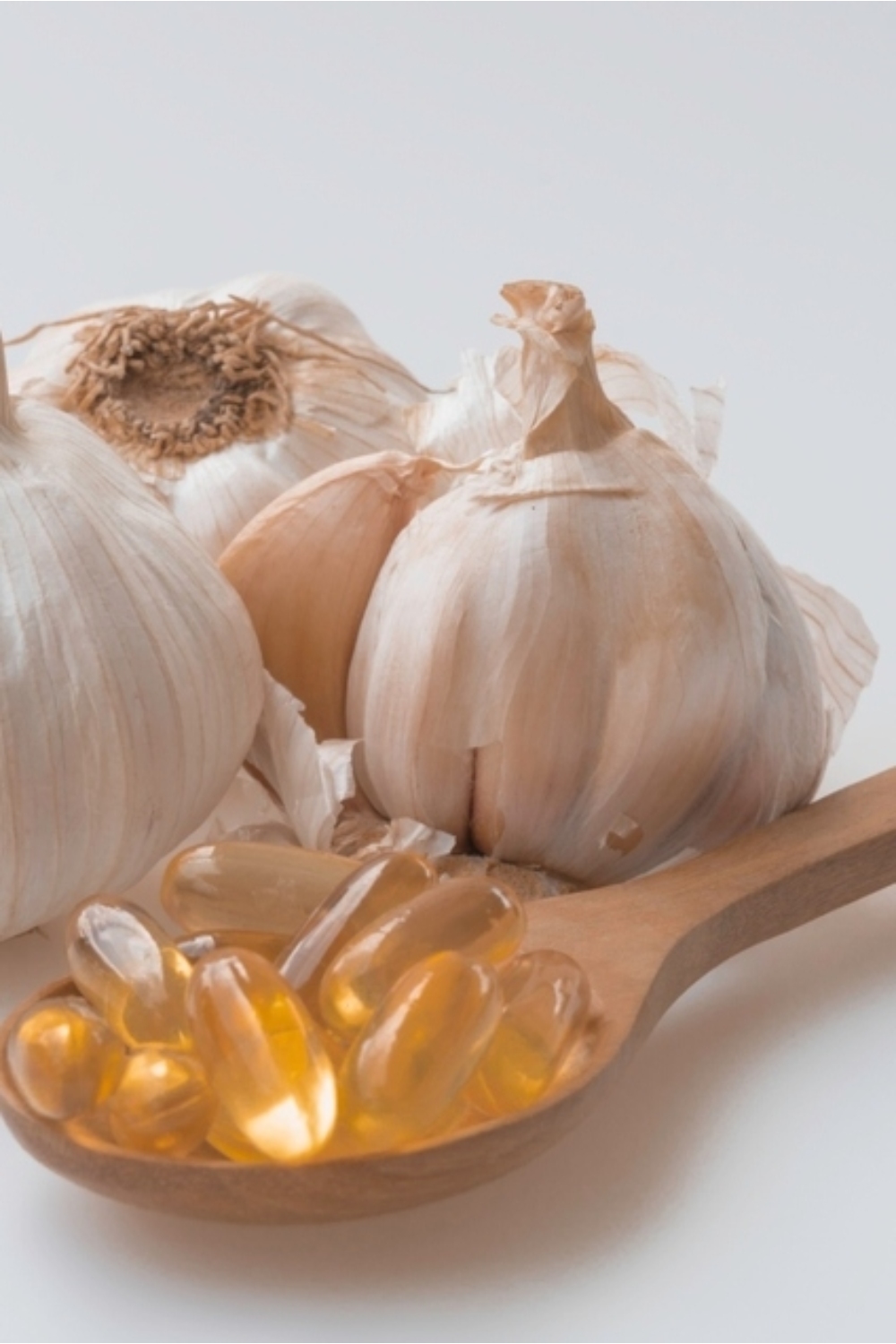
Also known as “garlic extract” or “garlic essence”, garlic extractives are produced by crushing or chopping garlic and then subjecting it to various extraction methods to concentrate its flavor compounds, volatile oils, and other essential elements.
This results in a liquid that has the intense taste and aroma of garlic.
It’s almost the same as with onion extractives, with the main difference of using garlic instead of onion. People use garlic extract to make various cooking oils, condiments, and sauces.
Garlic extractives are also important in Accent seasoning as a type of salt substitution because most commercial types are salt-free.
4. Pepper Powder
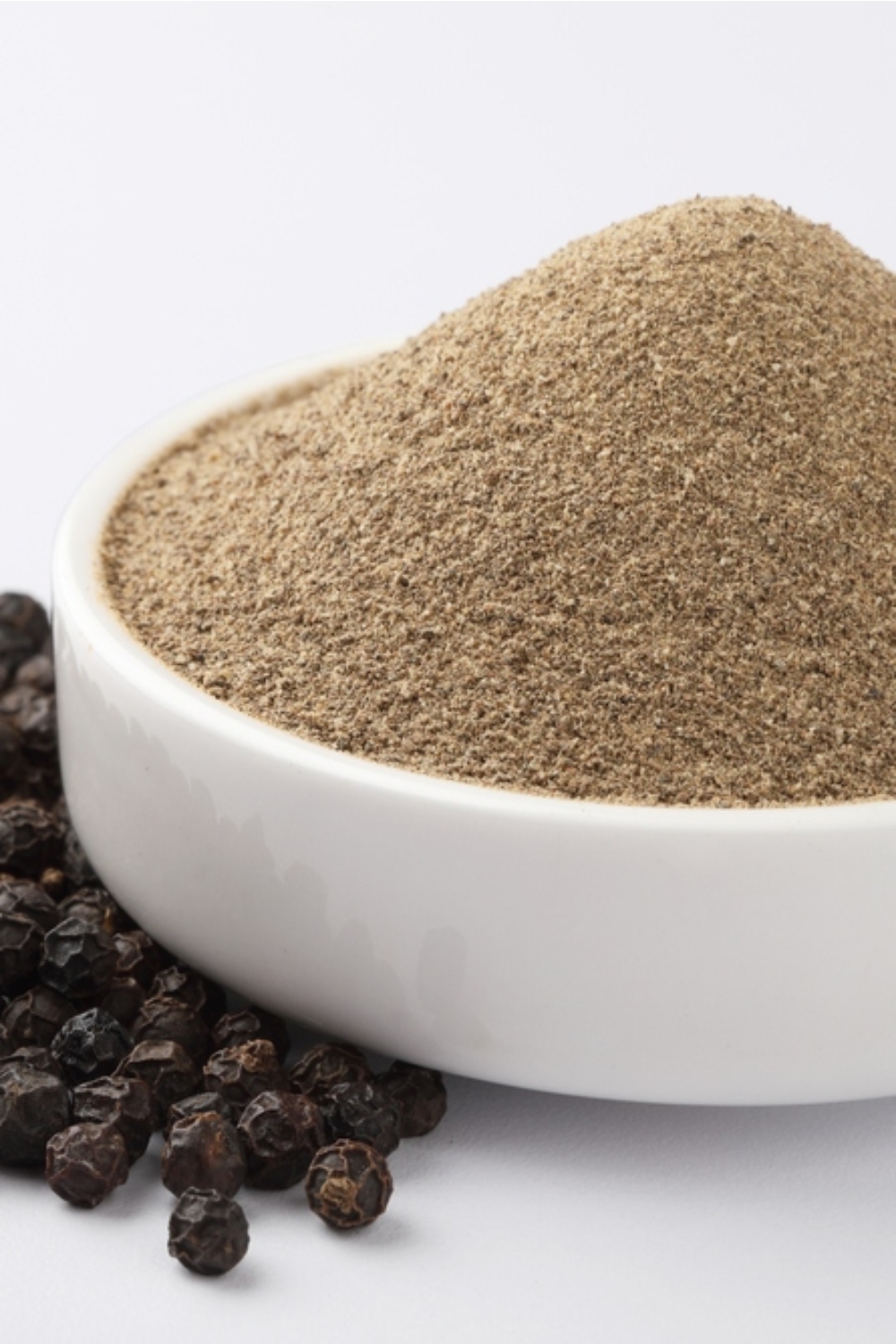
Black pepper is one of the most used spices in the world, and it comes in a few forms. You can find cracked black pepper, whole pepper berries, and black pepper powder.
The powder is mostly used in culinary applications, including making Accent seasoning. However, it is not only black pepper that can be included in the seasoning, but also red, chili, cayenne, and green peppers.
In Accent seasoning, pepper powder, a blend of herbs and spices that are used to season meat, chicken, fish, and veggies, is one of the key ingredients as the spice itself is zesty.
5. Bay Leaf Powder
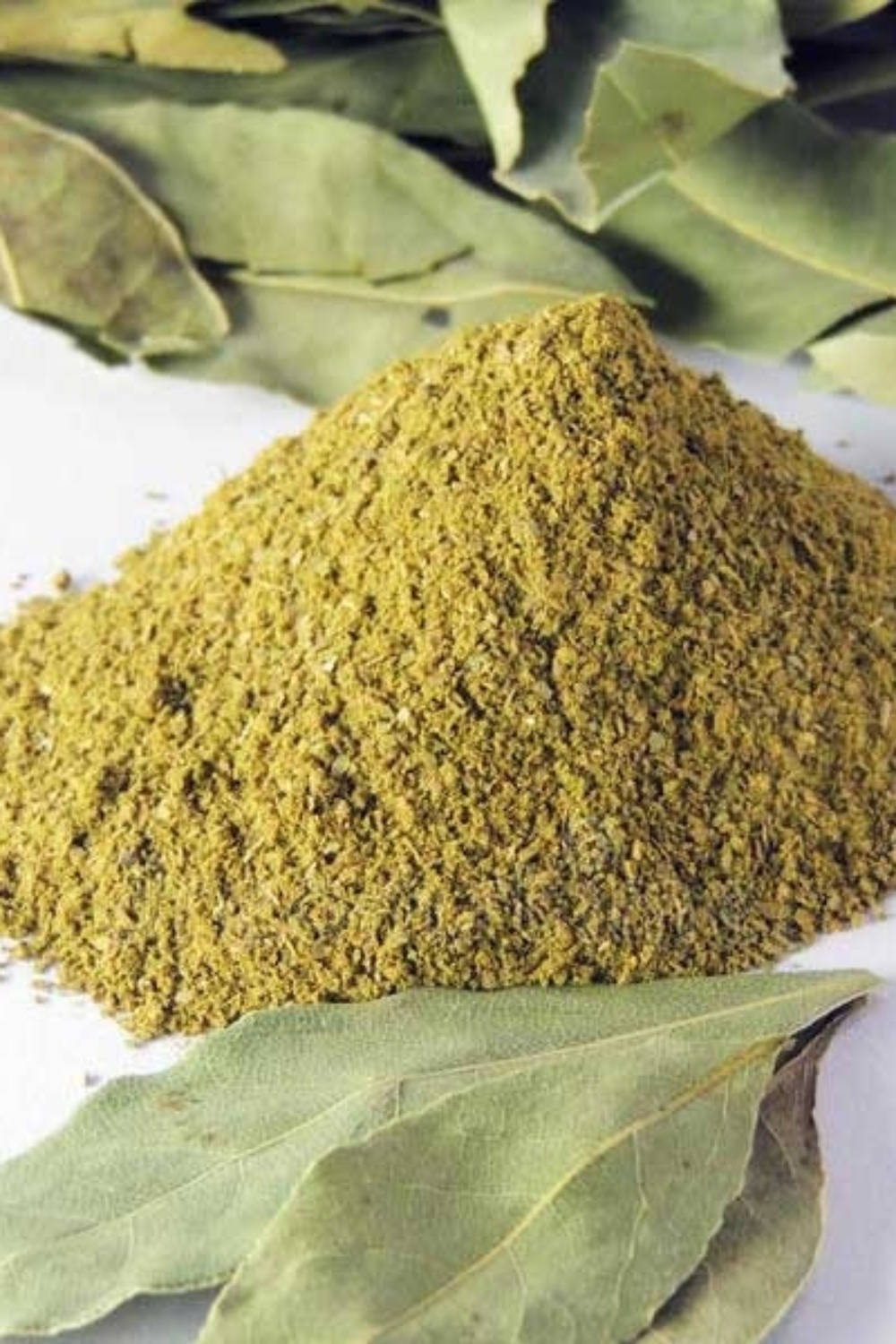
Bay leaf powder is a dried, ground form of bay leaves, which are the aromatic leaves of the bay laurel tree (Laurus nobilis).
Bay leaves are commonly used as a culinary herb to add flavor to various dishes, and the powder form offers convenience and ease of use compared to the whole leaves.
The flavor profile can be described as somewhat herbal, slightly floral, and subtly bittersweet. As you can see, it can make the flavor profile of Accent seasoning truly complex and unique, which is loved by most manufacturers.
Since bay leaves and bay leaf powder can be added to soups, stews, and sauces, as well as crumbled over poultry and meat stuffing, it certainly makes Accent seasoning more versatile.
I must mention that bay leaf powder provides Accent seasoning with certain health benefits. Namely, bay leaves are great for digestive health, heart health, respiratory health, as well as blood sugar regulation.
SEE ALSO: 10 Bay Leaf Substitutes To Spice Up Your Cooking Game
6. Thyme Powder
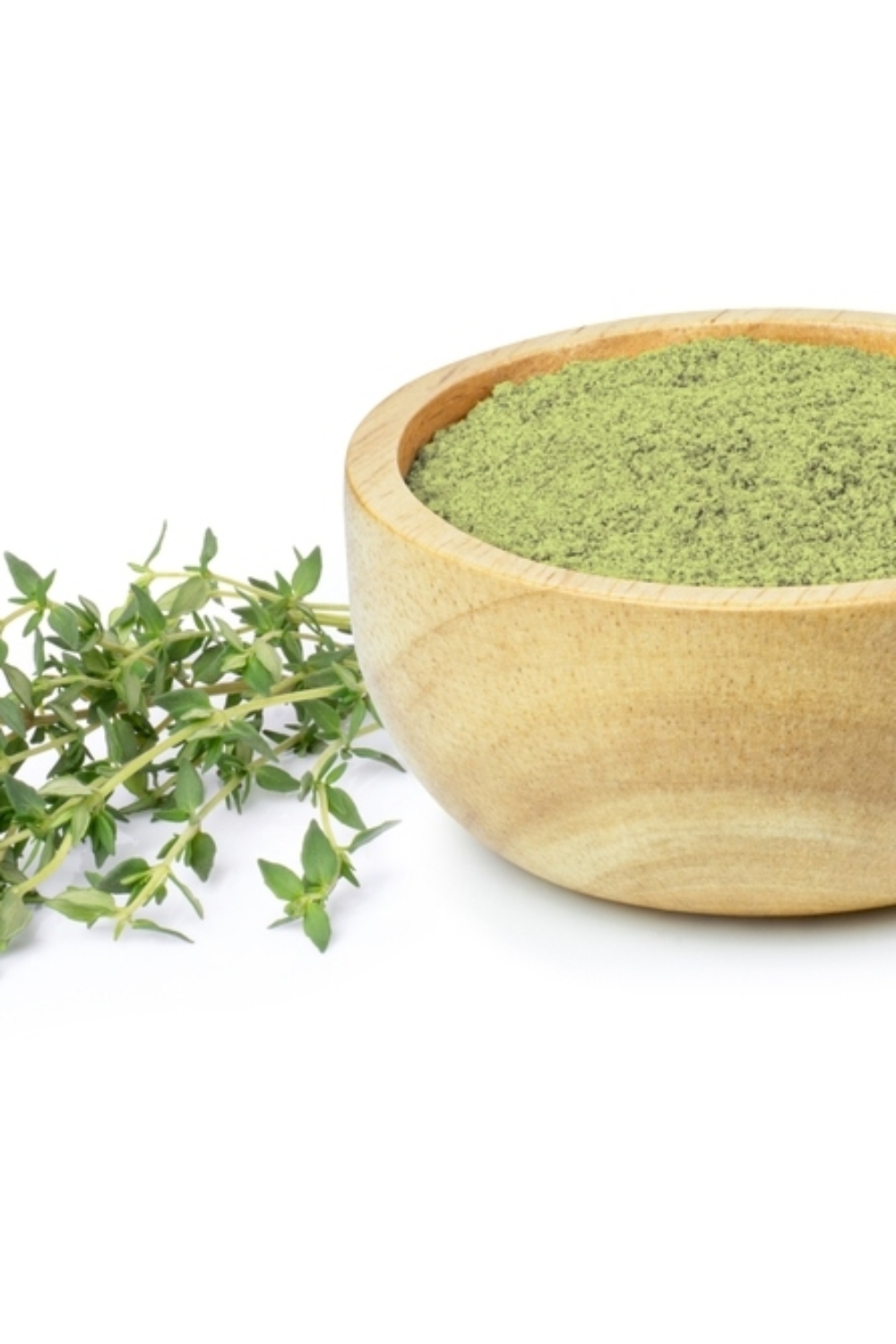
Thyme powder is a dried and ground form of the thyme herb. Thyme (Thymus vulgaris) is a fragrant and flavorful herb commonly used in cooking. The herb has small, aromatic leaves and belongs to the mint family.
Although thyme has a strong and mildly spicy flavor, it doesn’t contribute a lot to the overall flavor profile of Accent seasoning. However, it gives seasoning an earthy taste and aroma to some extent.
Thyme is mostly used in Mediterranean cuisine, in dishes like soups, stews, roasted meats, vegetables, and sauces. It also pairs well with many other ingredients.
Just like with bay leaves, thyme is also used for its medicinal purposes and therefore it contributes to a healthier Accent seasoning.
7. Sweet Basil Powder
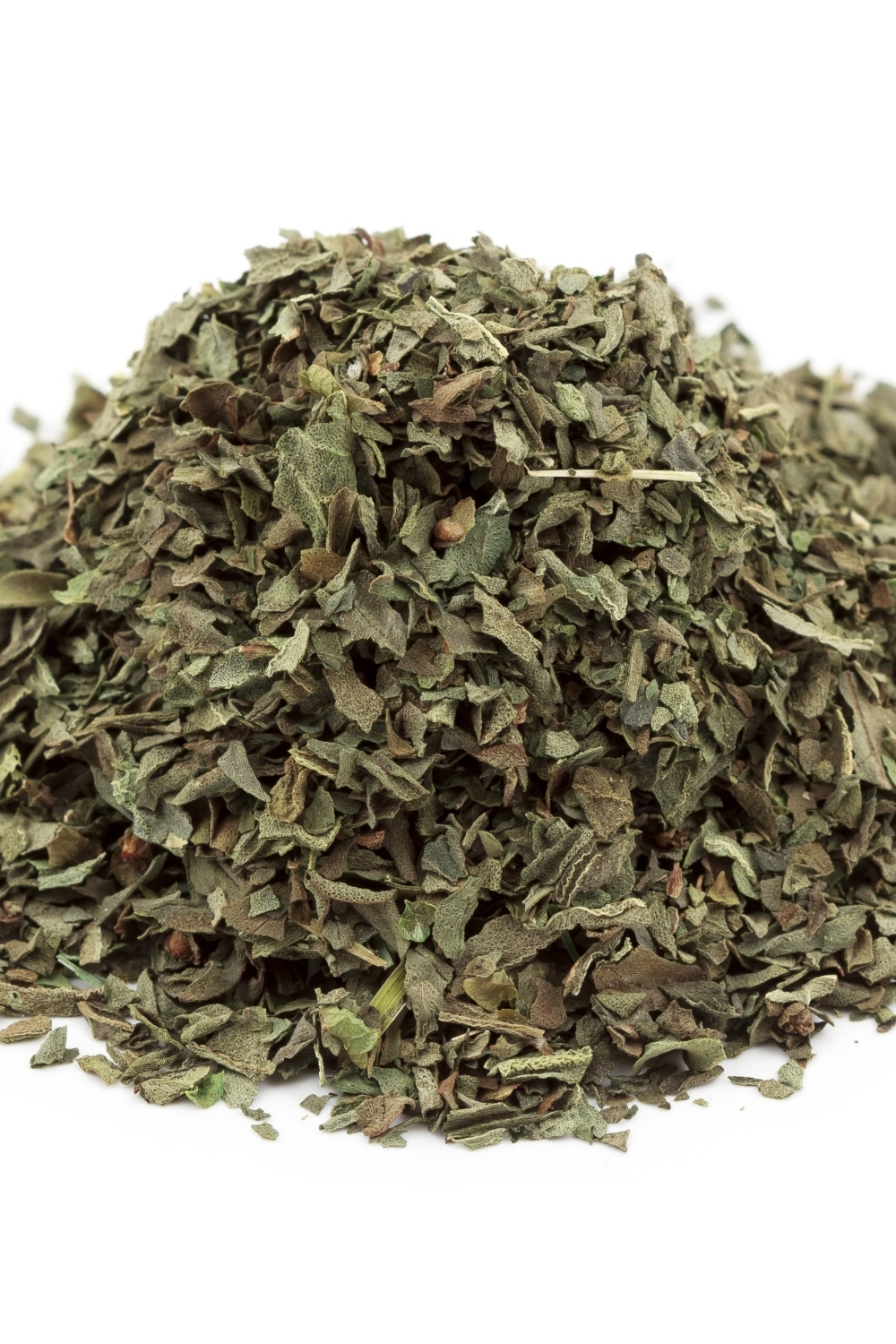
Sweet basil powder is a dried and ground form of the sweet basil herb (Ocimum basilicum). Sweet basil is one of the most popular culinary herbs, known for its distinct aroma and flavor.
It is commonly used in various cuisines around the world, especially in Mediterranean and Italian cooking.
As the name suggests, it has a sweet flavor, but aside from sweetness, it also exhibits herbaceous, slightly peppery, and somewhat anise or licorice-like flavors.
This powder, therefore, plays a significant role in the overall flavor profile of Accent seasoning.
Without it, Accent seasoning would be less sweet and aromatic.
8. Tricalcium Phosphate
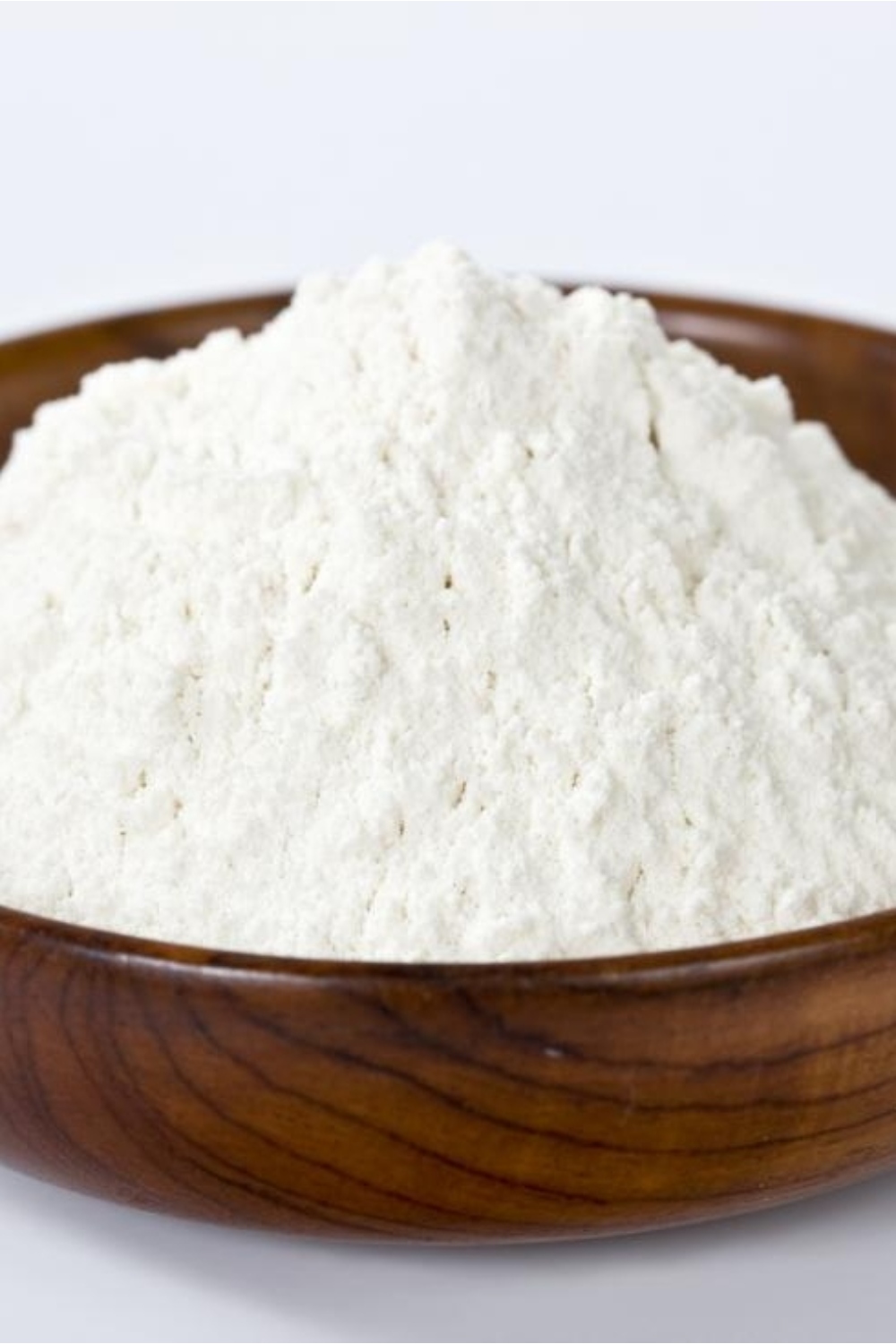
The last ingredient on this list is a little less known, even for those hard-core culinary experts. It is tricalcium phosphate, a calcium salt that is commonly used as an anti-caking agent in many food products.
Seasoning blends, including Accent seasoning, is one of those and it is responsible for preventing clumping and improving flowability.
Accent seasoning does not contain high amounts of tricalcium phosphate, but nevertheless, it is important to use it in moderation to avoid any potential health issues.
Other Possible Ingredients In Accent Seasoning
These are one of the most standard ingredients in many commercially-produced Accent seasonings. However, there are a few other ingredients that can be added to this interesting seasoning.
• Salt: Although many people like to use Accent seasoning to avoid consuming high levels of sodium, some brands may include salt as well. It is therefore always best to check the label to see if it contains any salt.
Also, many people who make homemade Accent seasoning, usually use a small amount of salt instead of MSG, but the other healthy ingredients make up for the higher sodium level.
• Cumin: Cumin powder is a dried and ground form of cumin seeds, the seeds of the Cuminum cyminum plant.
It is a versatile spice used to add flavor to a wide range of dishes, and it is a key ingredient in spice blends like curry powder, garam masala, and chili powder.
It is also sometimes used in Accent seasoning, which provides a warm, earthy, and slightly nutty flavor with a hint of citrus.
• Oregano: Oregano is one of the most popular types of spice in the culinary world. It is mostly used in its dried form, but some chefs also use fresh oregano.
It is popular as one of the most important ingredients in Italian seasoning, but some types of Accent seasoning may also incorporate it. Namely, it provides it with a pungent, slightly bitter taste.
More About Accent Seasoning
Accent seasoning is actually a brand name for monosodium glutamate, as it is its core ingredient.
Accent seasoning is also known as “Seasoning and Enhancer” or just “Flavor Enhancer” because it is primarily used to enhance the flavor of various dishes, especially the umami flavors of meats.
Aside from meats, Accent seasoning also works great with tofu products, eggs, noodles, salads, etc. Some people also use it in recipes for seasoning like meatballs, seafood dishes, and goulash.
You can also use it when making Benihana garlic butter, for an extra umami taste.
The orogin of Accent seasoning is an interesting one. It was first discovered and produced in 1908 by a Japanese biochemist named Kikunae Ikeda.
Ikeda was interested in understanding the unique taste of seaweed, i.e., a popular seaweed-based soup called dashi.
He identified that the distinctive taste of dashi came from a specific amino acid called glutamate. He isolated the glutamate from seaweed and found that its taste was different from the basic tastes of sweet, sour, salty, and bitter.
He coined the term “umami” to describe this unique taste. To make umami more accessible as a seasoning, Ikeda combined glutamate with sodium to create a stable and easy-to-use compound: monosodium glutamate, or MSG.
In the US today, MSG is most commonly known as Accent seasoning, and is gaining more and more popularity in our cuisine.
Is Accent Seasoning Safe?
There has recently been a lot of controversy around the safety of consuming Accent seasoning because some people have had certain problems with their health.
According to the FDA, MSG is safe for consumption when used in moderation. For most people, MSG consumption at typical levels found in food is not associated with adverse health effects.
However, some individuals may experience a condition known as “Chinese restaurant syndrome” or “MSG symptom complex”.
It is characterized by symptoms such as headaches, sweating, chest pain, and other mild reactions after consuming foods containing MSG.
Also, although the evidence is limited, some research has suggested a potential link between MSG consumption and asthma or allergy symptoms in certain individuals.
Considering all this, it is important to always carefully check the labeling before consuming this condiment.
A Few Healthy Alternatives
The original condiment is always the best, but if you experience health problems when consuming Accent seasoning or, for some reason, don’t want to eat it, there are alternatives.
• Salt and Salt Variations: If you are okay with sodium, you can simply use table salt as a substitute for Accent seasoning.
Although salt does not directly enhance that specific umami flavor, it will enhance the overall flavor profile of your dish.
Aside from table salt, you can use variations like kosher salt, Korean bamboo, sea salt, or Himalayan salt instead of Accent seasoning. These have less sodium and are often seasoned salt varieties.
• Dried Bonito Flakes (Katsuobushi): I recently wrote about bonito flakes substitutes, and now I can tell you that those same bonito flakes in their dried form, can be used as an Accent seasoning alternative.
In general, dried bonito flakes are used in Japanese cuisine to add a smoky umami flavor.
• Anchovy Paste: Since one of the best substitutes for anchovy paste is seaweed, it is no surprise that it can be a good alternative to Accent seasoning.
In general, it is a concentrated form of anchovies and can be used to add a savory kick to dishes.
How To Make Your Own Accent Seasoning?

How To Make Your Own Accent Seasoning?
You don't even need to buy Accent seasoning from the grocery store or specialty food shops or go in search of alternatives because it is possible to make a decent homemade version.
Ingredients
- 3 cups salt (this is your base)
- 1 teaspoon bay leaf
- 1 teaspoon ground black pepper
- 1 tablespoon thyme
- 1 tablespoon oregano
- 1 tablespoon sweet basil
- 1 tablespoon smoked paprika powder or cayenne pepper powder
- 3 tablespoons garlic powder
- 3 tablespoons onion powder
Instructions
Mix the table salt base with the other ingredients: bay leaf, black pepper, thyme, oregano, basil, smoked paprika powder or cayenne powder, garlic powder, onion powder, and chili powder.
You can also substitute the salt with Himalayan salt, kosher salt, Korean bamboo salt, or sea salt.
In addition, you can add Cajun seasoning, red pepper powder, turmeric, glutamic acid, and MSG to your mix, in a measure of up to 1 tablespoon each. If you ask me, this is the best Accent seasoning you can use instead of the real brand name.

